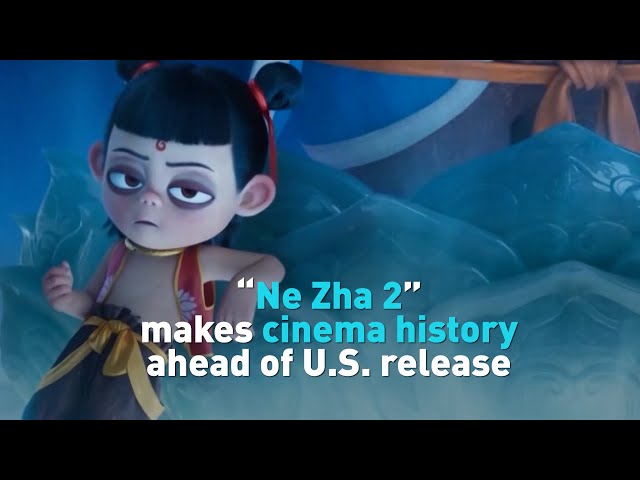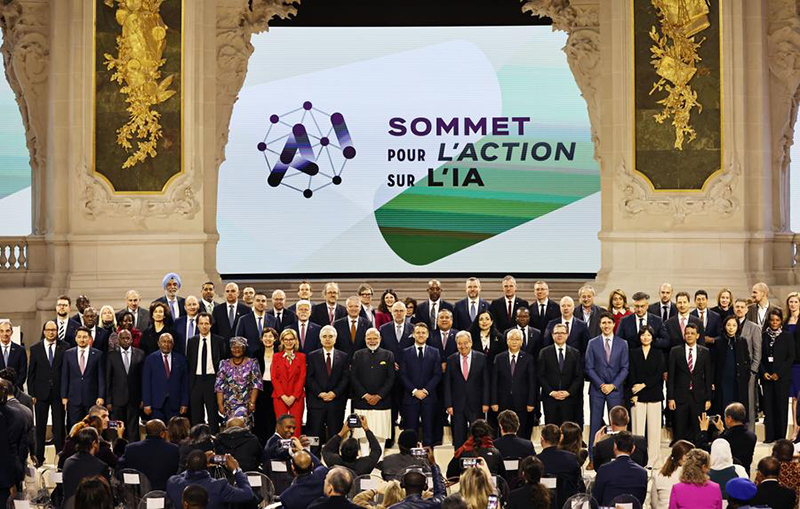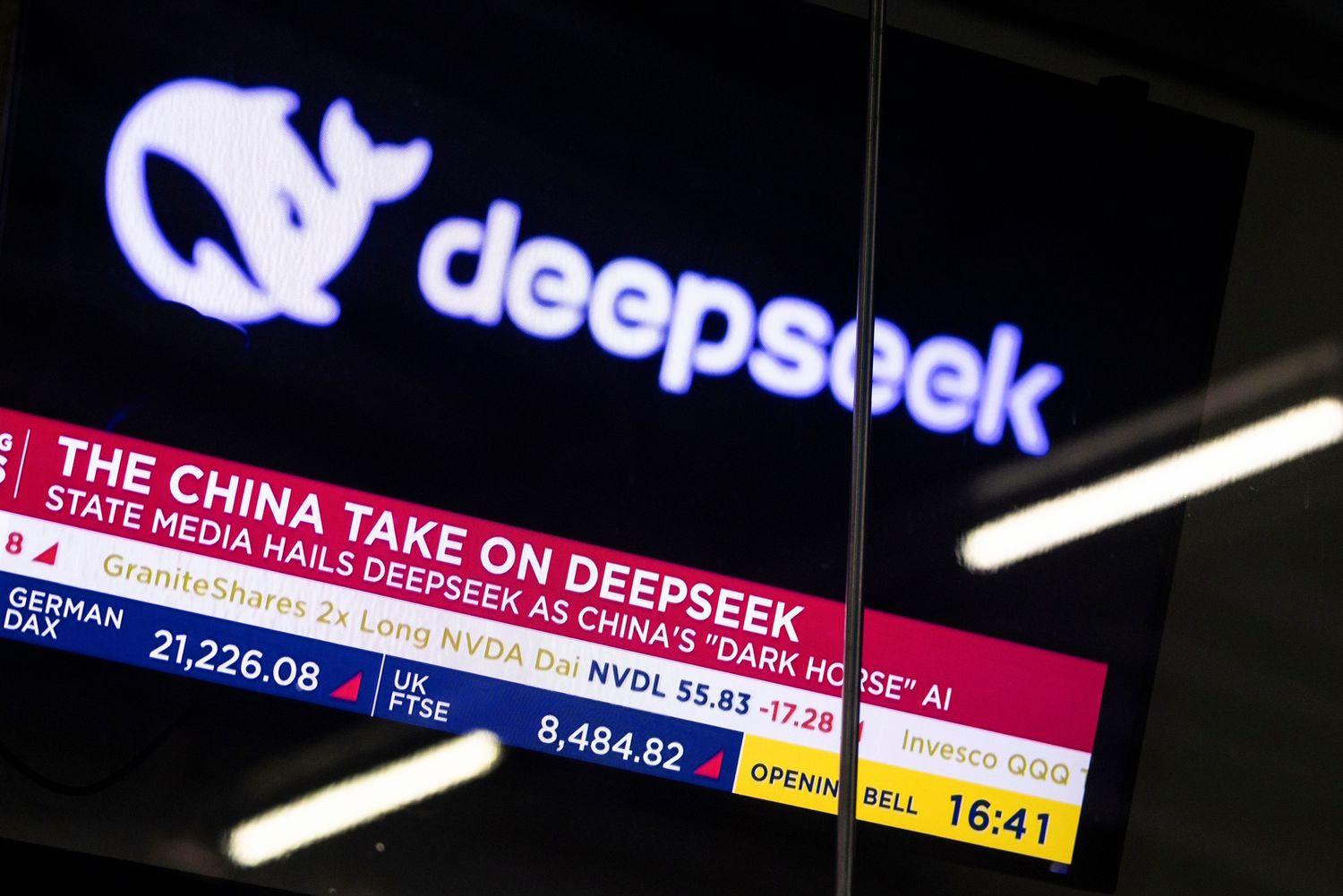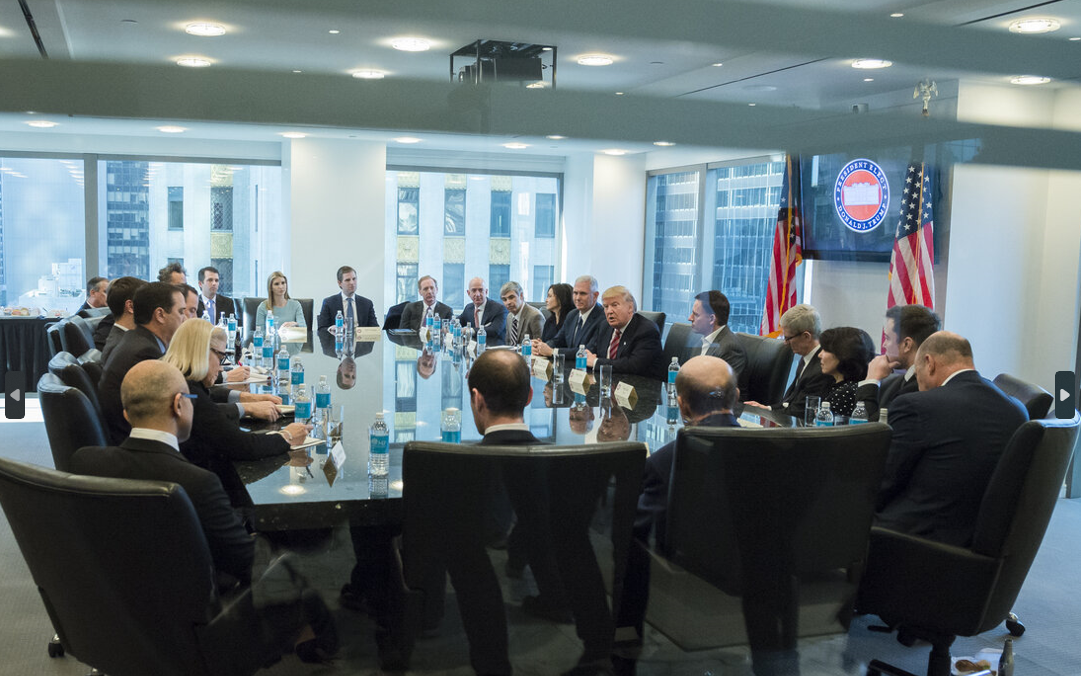
Philip Cunningham, Independent Scholar
Mar 27, 2025
The debate over DeepSeek puts on clear display how political nationalism risks stifling technological progress. While some push for strict AI decoupling, experts warn that restricting collaboration could undermine innovation. We must find a way to balance national security with the open exchange of ideas that drives scientific advancement.

Brian Wong, Assistant Professor in Philosophy and Fellow at Centre on Contemporary China and the World, HKU and Rhodes Scholar
Mar 27, 2025
China’s recent successes in tech and entertainment have proven to the world that its creativity and innovation can keep pace with the Western-dominated zeitgeist. How might this translate into China’s relations with states across the globe?

Li Yan, Director of President's Office, China Institutes of Contemporary International Relations
Feb 25, 2025
Three major conferences held in Europe — the Davos Forum, the Artificial Intelligence Action Summit and the Munich Security Conference — underscored the defining feature of the current international landscape: It’s a complex and evolving mix of cooperation and competition.

Jianyin Roachell, Transatlantic Digital Debate Fellow and Research Associate at Max Planck Institute of Geoanthropology
Feb 21, 2025
The rapidly growing AI industry was rocked last month with the launch of DeepSeek, an open-source, Chinese-developed competitor to OpenAI’s products. The introduction of a valid competitor to American dominance in AI will lead to many questions in 2025 on how the U.S. will respond.

Simon Lacey, Head of Digital Trade and Geopolitics at World Economic Forum
Feb 21, 2025
Simon Lacey, Head of Digital Trade and Geopolitics at the World Economic Forum, in a recent interview with Marc Smrikarov of China-US Focus, discusses areas where U.S. and Chinese interests align, such as global financial stability and freedom of navigation. Additionally, he emphasizes the need for patience and understanding on both sides, and to recognize the importance of cooperation in a shifting multipolar world. He also highlights the fragmentation of AI development between the U.S. and China, warning that the lack of cross-collaboration could hinder innovation, and urges a more rational approach to labeling AI and semiconductors as dual-use technologies in national security contexts.

Fu Ying, Founding Chair of Center for International Security and Strategy, Tsinghua University; China's former Vice Minister of Foreign Affairs
Feb 17, 2025
The Paris AI Action Summit was held on February 10 and 11. AI experts, policymakers and industry leaders from various countries gathered to engage in in-depth discussions about opportunities and challenges in AI development and governance. Chinese scholars led by former Chinese vice-foreign minister Fu Ying attended the Paris AI Summit. Below are the main points in Fu Ying’s Remarks on AI Safety and Governance at the Paris AI Summit.

Yu Xiang, Senior Fellow, China Construction Bank Research Institute
Feb 14, 2025
The rapid rise of DeepSeek sends a clear message to the world: Tech suppression may bring short-term gains, but the resulting frictions will be counterproductive. DeepSeek’s innovations offer a fresh perspective on the future of U.S.-China economic relations by demonstrating that China can stand on its own.

Zhao Minghao, Professor, Institute of International Studies at Fudan University, and China Forum Expert
Jan 13, 2025
To a large degree, the new agglomeration is the result of Washington’s “great power competition” strategy. While it looks a bit like the military-industrial complex of the Cold War era, it is truly a different entity, but it’s one whose long-term impact on China-U.S. ties must be understood.
Zhang Tuosheng, Principal Researcher at Grandview Institution, and Academic Committee Member of Center for International Security and Strategy at Tsinghua University
Jan 07, 2025
China must see to its own domestic affairs and promote all-around socioeconomic progress. Externally, it must walk the path of peaceful development without wavering, adhere to an independent foreign policy of peace and hold fast to multilateralism to foster solidarity with other nations. Only in this way can we overcome the severe challenges that are coming our way.
Sun Chenghao, Fellow, Center for International Security and Strategy of Tsinghua University; Munich Young Leader 2025
Zhang Xueyu, Research Assistant, Institute for Global Cooperation and Understanding at Peking University
Nov 18, 2024
China and the United States held their first governmental dialogue on artificial intelligence in May. But skepticism arose about its value because the U.S. continued to impose technological restrictions on China. Here are some suggestions for how to move forward toward greater understanding and mutual security.
Back to Top

- China-US Focus builds trust and understanding between the U.S. and China through open dialogue among thought leaders.
- Our Offerings
- Topics
- Videos
- Podcasts
- Columnists
- Research Reports
- Focus Digest
- Stay Connected
-
Thanks for signing up!
- Get the latest stories from China-US Focus weekly.